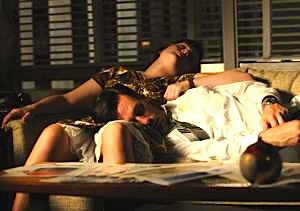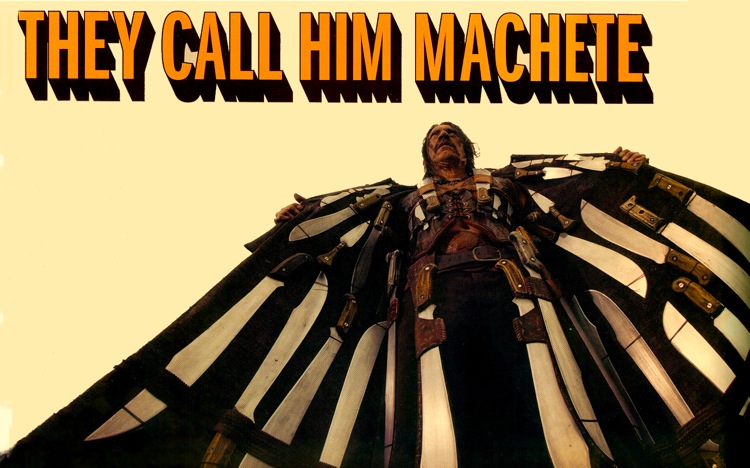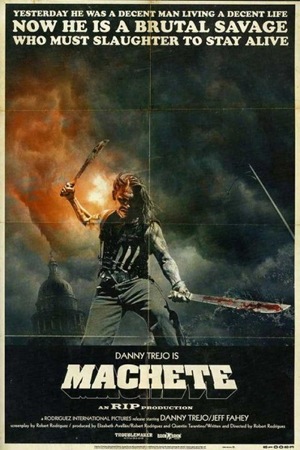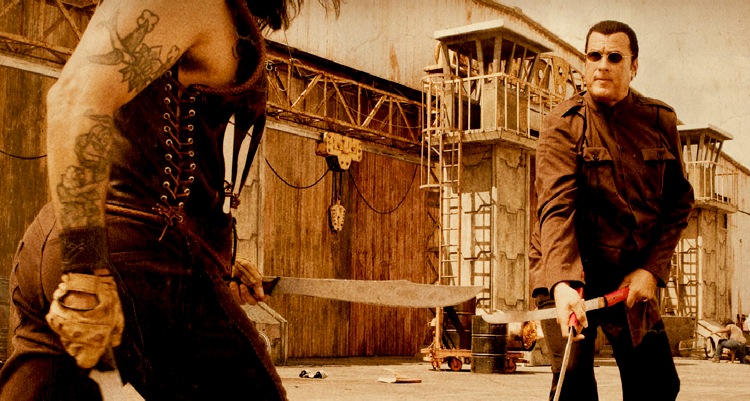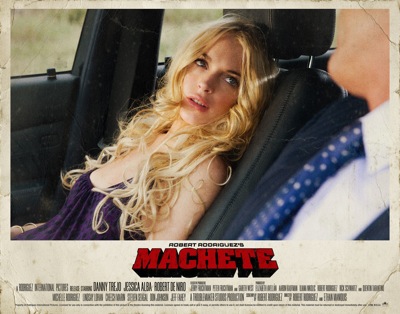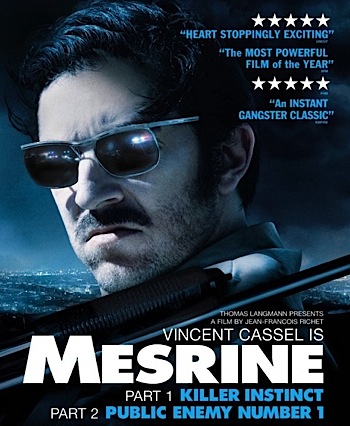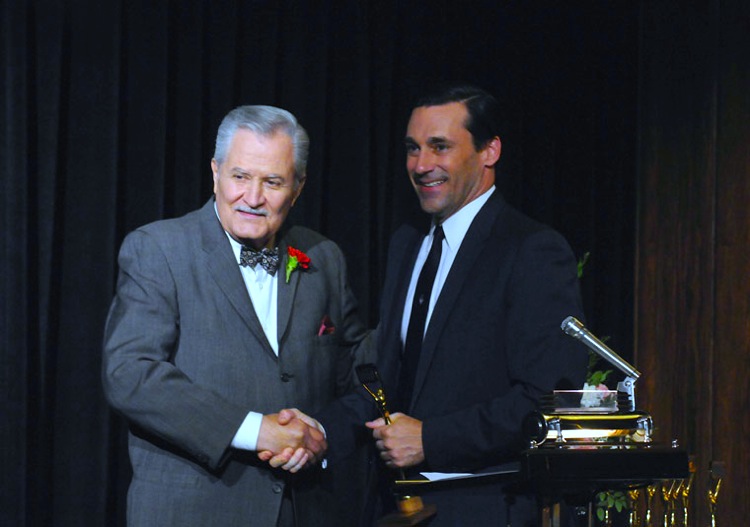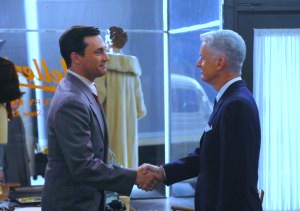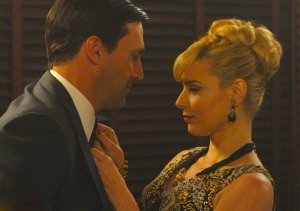By Joe Bendel. Nearly every great Russian writer, including the likes of Chekhov, Bunin, Turgenev, Tolstoy, and Babel, excelled under the rigorous self-imposed discipline of the short story format. Decades later, short forms seem to hold a similar appeal for emerging Russian directors. In cooperation with the Telluride Film Festival, CEC Artslink presents an evening of four short films by their independent filmmakers-in-residence tonight at the Tribeca Cinemas in lower Manhattan.
The first selection is also the longest and happily the best of the program. In many ways, Mikhail Zheleznikov’s For Home Viewing is an antidote to ideology. An autobiographical video essay, Zheleznikov tells his story of coming of age during the Brezhnev era and starting a family under Perestroika. In the process, he largely eschews the macro-ideological clashes of time, aside from a gently cynical skepticism of all things political, which seems distinctly Russian.
Throughout Viewing, Zheleznikov demonstrates a keen visual sense. In addition to memorable vintage film and stills, he incorporates some clever animation techniques, but never to the point of distraction. His imagery is often simple but evocative, like a sequence involving an old scrapbook he assembled with his high school friends’ leftover passport photos.

For Polina and her boyfriend Klim, life is too beautiful to worry about current events in Tatiana Kevorkova’s Spring. Having stretched their date into the early spring morning, they appear ready to break into song. Once she returns to her flat, the film evolves into a pleasant enough situation comedy. However, the light and frothy Spring is quite well crafted. Kevorkova has a fine eye for composition, particularly during her early street scenes, where cinematographer Sergey Komarov makes their picturesque neighborhood sparkle.
While Viewing and Spring suggest life and love continue more or less oblivious to outside forces, Konstantin Smirnov’s Kolyan is far less sanguine. The title character might euphemistically be called a disaffected youth. With his troubled home life and menial employment, he is ripe for recruitment by the local hate group. Yet he still feels more than just the stirrings of attraction for the Chechen girl in his neighborhood. At approximately fifteen minutes, Kolyan makes its point quite effectively, without getting melodramatic. It is also features some sensitive chemistry between its would-be romantic interests, which is really why the film works so well.
A Russian film titled Seagulls might be expected to evoke Chekhov, but Irina Volkova’s concluding short initially suggests more the spirit of Beckett. As two newlyweds stroll across a bleak winter beach, he supposedly decides to stay there permanently. After some absurdist back-and-forth, she more-or-less calls his bluff. Frankly, who would blame her for leaving him there? Still, Maria Shalaeva has some strong moments as the woman, most notably when she double-dares her hubby to tuck into one of the dead gulls littering the beach.
Quite a strong program overall, CEC’s 2010 short film evening boasts one of the best short documentaries of the year in Zheleznikov’s Viewing. A perfect (though arguably superior) companion film to Robin Hessman’s My Perestroika (see the LFM review of My Perestroika here), it should thoroughly charm Russophiles and provoke nostalgia for Russian expatriates. By contrast, Kolyan will probably make the latter happy to have left, but it remains a strong short nonetheless. The CEC Russian short film program has two screenings tonight (9/9) in New York at the Tribeca Cinemas, continuing on to DC for a special screening at the Russian Federation embassy the following Monday (9/13).
Posted on September 9th, 2010 at 12:24pm.


